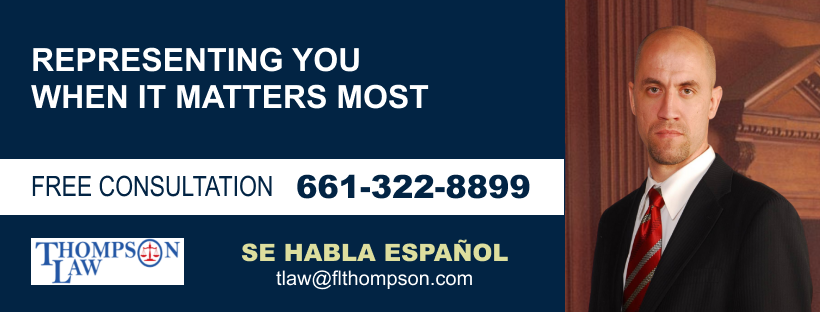Guardianship: What it is and How to Establish it for a Loved One

Divorce: Managing the Emotional Pain & Coping with the Challenges of Breaking Up
January 6, 2023
Immigration and Green Card in CA
January 20, 2023Guardianship
Guardianship is a legal term that refers to the process of appointing someone to be responsible for the personal and financial welfare of a person who is unable to do so themselves. This can include a minor child or an adult who has become incapacitated due to a physical or mental disability.
The process of obtaining guardianship usually begins when someone petitions the court to be appointed as the guardian of a person. This can be a family member, a close friend, or even a professional guardian. The court will then hold a hearing to determine whether the person seeking guardianship is fit to be the guardian and whether it is in the best interest of the person they are seeking to protect.
Types of Guardianship
There are two main types of guardianship: guardianship of the person and guardianship of the estate. Guardianship of the person refers to the responsibility for the physical care and well-being of the person in question. This can include making decisions about where the person will live, what medical treatment they will receive, and what activities they will participate in.
Guardianship of the estate refers to the responsibility for managing the financial affairs of the person in question. This can include paying bills, managing investments, and making decisions about how the person’s money is used.
The process of obtaining guardianship can be complicated and time-consuming, and it is important to work with a lawyer or other legal professional to ensure that everything is done correctly. In some cases, the person seeking guardianship may need to provide evidence of their fitness to be a guardian, such as a background check or proof of financial stability.
Appointed
Once a guardian has been appointed, they have a legal obligation to act in the best interest of the person they are protecting. This means that they must make decisions based on what is best for the person, rather than what is best for themselves or anyone else. Guardianship can be a challenging responsibility, and it is important for guardians to be prepared to make difficult decisions and to be able to advocate for the person in their care.
Guardianship can be a necessary step for people who are unable to make decisions for themselves due to a physical or mental disability. It can provide peace of mind for both the person in need of protection and their loved ones, knowing that there is someone in place to ensure their well-being and financial stability. However, it is important to carefully consider whether guardianship is the right choice, as it can be a long-term commitment and can involve giving up a significant amount of control over one’s life.
Alternatives
There are alternatives to guardianship that may be more appropriate in some cases. For example, a person may be able to create a power of attorney or a living will, which allows them to appoint someone to make decisions on their behalf in the event that they become incapacitated. These documents can be more flexible and allow the person to specify the types of decisions that the appointed person is able to make.
In conclusion, guardianship is a legal process that allows someone to be appointed to be responsible for the personal and financial welfare of a person who is unable to do so themselves. It can be a necessary step for people who are unable to make decisions for themselves due to a physical or mental disability, but it is important to carefully consider whether it is the right choice and to be prepared for the challenges that come with this responsibility. Alternatives to guardianship, such as a power of attorney or a living will, may be more appropriate in some cases.




